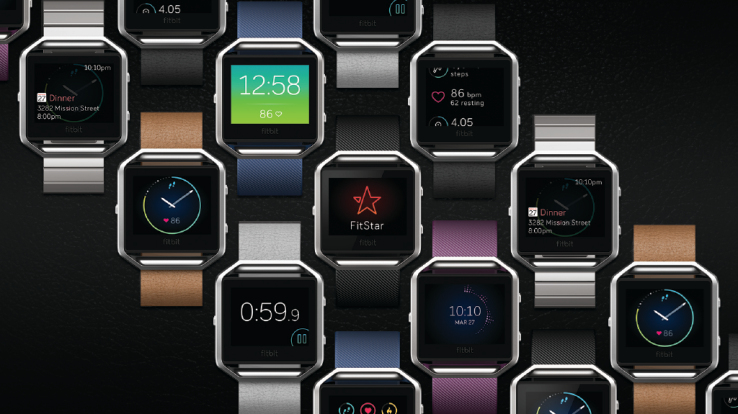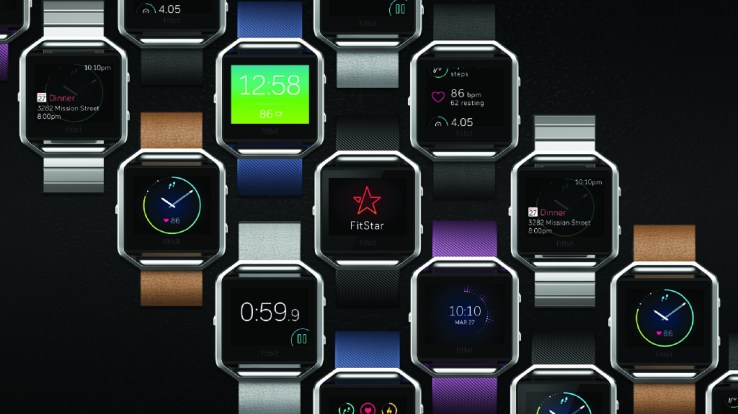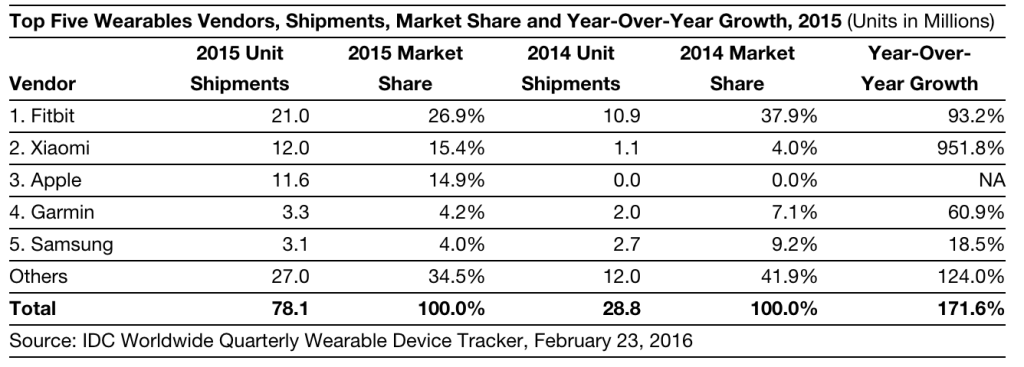

Fitbit has long been the king of wearables and an IDC report released today says James Park and Co. still wear the crown. But Xiaomi is quickly gaining power. A lot of power.
Fitbit managed to ship 21 million devices in 2015, up 93.2% over 2014’s amount of 10.9 million units. That said, even by shipping nearly twice as many units, Fitbit still lost marketshare. Over the same time period were Fitbit grew almost a 100%, Xiaomi managed to exploded by nearly 1,000%.
In 2015 Xiaomi shipped 12 million wearable units, according to IDC. That earned the company a 15.4% marketshare, second only to Fitbit with Apple, Garmin and Samsung trailing behind them. The previous year, in 2014, Xiaomi only shipped 1.1 million units and had just 4% of the worldwide marketshare.

Fitbit knows its time at the top is numbered. Fitbit’s market dominance has eroded since its launch. The company once held nearly three quarters of the wearables market, but as more devices flooded the market, that slipped away. Just yesterday Fitbit released its previous quarter earnings statement, saying the company had a banner holiday year, but is wary about the future. This forward looking statement caused Fitbit’s stock to nosedive and it’s now trading at an all-time low.
Apple’s gains are nearly as impressive as Xiaomi’s. The Apple Watch hit the market in 2015 and yet the company still managed to gain 14.9% of the worldwide marketshare despite its average selling price being dramatically higher than that of a Fitbit device or Xiaomi band (Xiaomi’s wearables only cost $11 and $15).
Samsung’s wearable sales are nearly flat, according to this report, with the consumer electronic giant selling 3.1 million in 2015 over 2.7 million in 2014.
The coming year should see new wearables from most vendors. Fitbit just unveiled its 2016 offering in the form of Blaze fitness watch and Alta band. Apple is rumored to be announcing an updated Apple Watch and Samsung’s Gear S2 is looking rather dated next to some from other firms like Motorola. Yet Xiaomi is the big unknown. It clearly has a good thing with its ultra-affordable bands, which it will likely continue selling. But will the Chinese giant release an equally affordable smartwatch that’s cheaper than Blaze and better looking than the Gear S2? Fitbit and Samsung probably hope not.

